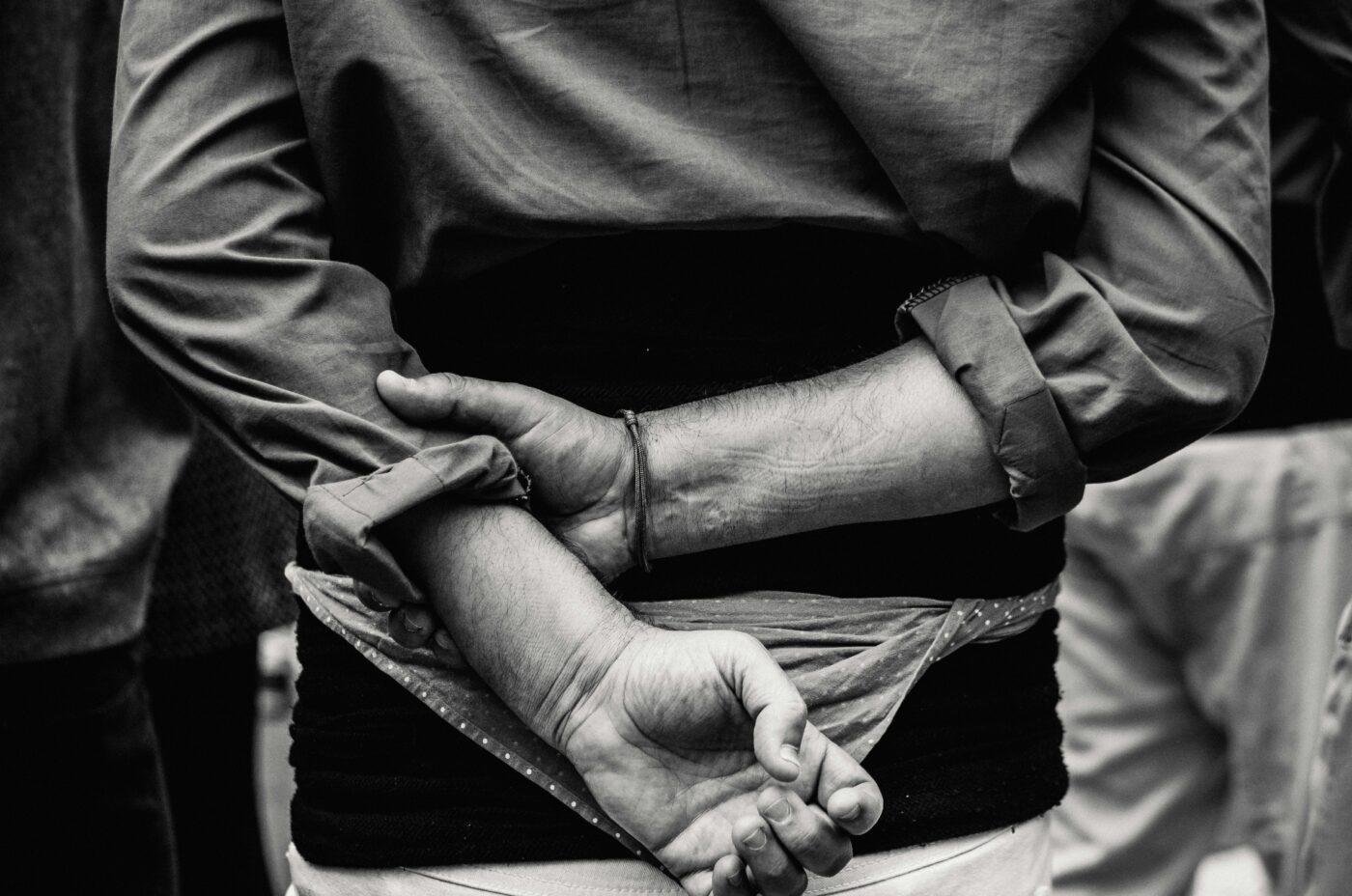Forensic Mental Health – John’s story
History
John is sixty years old with a history of alcohol misuse, illicit drug use, anger, and verbal aggression.
John served time in prison on three separate occasions, and eight months in three different placements in the community, all for breaches of his licence.
John was released to our service in 2014 and successfully moved into independent living accommodation. But was recalled back to prison towards the end of 2016.
John’s second stint with us
John should have been referred to Single Homeless Intervention and Prevention (SHIP). However, when his case was taken to parole in June 2020, our service was given as the only address he could be released to. The intake assessment was carried out and John was placed on the waiting list and was released to our service in November 2020.
Working with John
On admission to service, John was allocated a keyworker and a link-worker. He was supported by other staff in the absence of his allocated workers. John was provided with essentials on a regular basis until he started receiving benefits.
John went through a period of aggressive outbursts when he first moved into the service, which initially led to a difficult working relationship with staff. This behaviour could however be viewed in the context of financial hardship as he had no income at the time. It was difficult for staff to support John to apply for state benefits due to a lack of formal identification. He did not have a passport, birth certificate or driving licence or anything that could be used as identification. This led to a delay in applying for benefits and the subsequent expression of anger and verbal aggression towards staff, accusing them of not being helpful. This resulted in John often isolating in his room and refusing to engage in any meaningful activities. He was also observed to be increasingly anxious and said he was fearful of being recalled to prison.
Staff worked with John intensively through one-to-one counselling to address his problem behaviour. He was taught appropriate social skills, which improved his interaction with staff. He became less confrontational and was able to reflect on his behaviour. He was also taught the importance of complying with his treatment plan.
John was supported to get an initial loan from a community service which provides short-term loans while people await benefits. He was also supported to apply for a birth certificate and, eventually applied for Universal Credit. His behaviour improved once he started receiving benefits and he engaged more positively with staff and his care team.
John was supported to re-establish his relationship with his ex-girlfriend. This has helped him significantly because he had no social support network, as his only daughter, siblings and friends resented him. He requested overnight leave to visit his girlfriend, which was granted (and reviewed periodically) following a review by his care team and probation officer.
John Today
John currently engages in structured activities, cooks healthy meals regularly and keeps his living space clean and tidy. He is a lot calmer and manages his anger more positively. He also manages his finances effectively. John has not been observed under the influence of alcohol, and all his recent random Urine Drug Screen (UDS) tests have returned negative results for all illicit substances.
John has restarted his psychotic medication and is in a stable intimate relationship.
John has made remarkable progress in all areas. He has stated that his girlfriend has been a great source of support to him. He has also expressed his gratitude for the support he has received at the service stating that : “…staff cares about me…”
John is determined to rebuild his life and stay out of prison as he is no longer a young man. He intends to marry his girlfriend soon.





